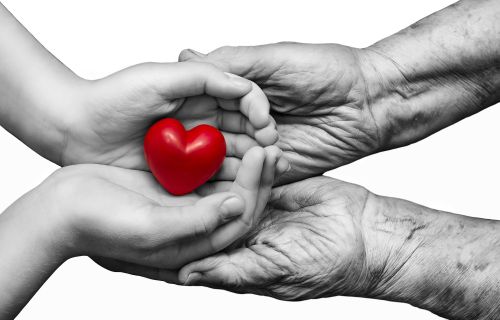Beneficence and Non-maleficence are two moral concepts that play a very important role in moral philosophy. The two concepts are the opposite of each other and they work in a manner to uphold a moral principle.
A person who practices non-maleficence will not perform any action that may cause harm to another individual. On the other hand, a person who practices beneficence will perform any act that may benefit another individual.
Summary Table
| Beneficence | Non-maleficence |
| An active act | A passive act |
| Focus on benefiting others | Focus on avoiding harming others |

However, these two terms are sometimes used interchangeably. But there are also differences between them and they both have different definitions.
Definition
Beneficence is an action or practice that promotes or benefits another person or group. It does not mean doing something harmful to someone else. It is used for actions or acts that promote or benefit another person, whether directly or indirectly.
There are also cases where beneficence can be considered harmful, even though they appear beneficial.
Non-maleficence is an action or practice that promotes the welfare of all.
It includes the ethical obligation to avoid harming people, animals, or other living things. The most obvious form of non-maleficence is not harming people.
There are also situations in which doing harm is unavoidable: for example, accidentally stepping on a person’s foot when entering a room. In some cases, an action may be necessary and appropriate, even if it does cause some incidental harm.
Difference Between Beneficence and Non-maleficence
The main difference between beneficence and non-maleficence is the goals they possess. Beneficence strives to benefit others, while non-maleficence focuses on not harming others.
It is usually difficult to fulfill the goals of both individuals, but the person can at least try to make sure they are not harming others.
In some situations, it is impossible to know if a person is harming or helping others.
For example, if someone has cancer and asks for a bone marrow transplant, doctors cannot determine whether they are going to help or harm their body by performing this procedure.
This would be a good time for beneficence because it could allow the doctors to heal someone instead of harming them.
In moral systems, people tend to agree that helping others is always better than hurting them. However, moral systems also state that helping someone is sometimes wrong.
There are cases when you must hurt someone to prevent them from hurting others.
Ethical systems are based on consequences instead of morality.





